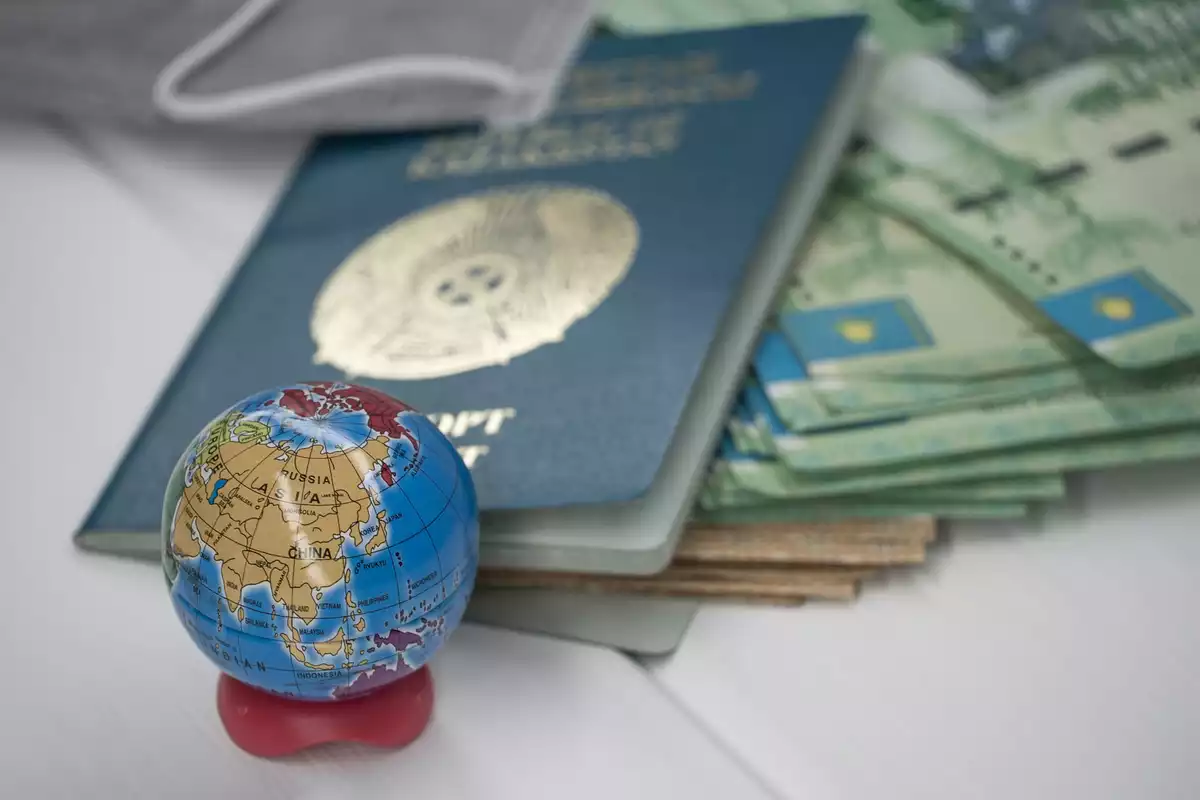
Photo credit: oxussociety.org
Lithuania is set to revise its migration policy concerning citizens from Central Asian countries, citing increasing concerns about potential radicalization risks. Prime Minister Gintautas Paluckas announced the proposed changes after a meeting with President Gitanas Nausėda.
“Unfortunately, it seems we need to recognize that people from some countries are more likely to become radicalized,” Paluckas told reporters. “We should consider adjusting our immigration policy and focus on bringing in skilled workers from countries that are closer to us culturally,” The Caspian Post reports citing The Times of Central Asia.
His remarks came shortly after the head of Lithuania’s State Security Department, Darius Jauniškis, revealed that approximately ten individuals from Central Asian countries had recently been denied entry over alleged ties to terrorist groups and concerns regarding radicalization. Jauniškis also warned of a broader trend, noting a rising risk of radicalization among migrants from both Central and South Asia.
Paluckas added that Lithuania currently maintains numerous visa centers in countries whose cultural values may not align with those of Lithuania. “We are looking ahead and planning to update our migration policy so that it better reflects cultural closeness,” he said.
Migration Trends from Central Asia
Lithuania has experienced a significant increase in migration from Central Asia in recent years, prompting authorities to heighten security oversight. According to Lithuanian intelligence, the number of migrants from the region in 2024 was 14 times higher than in 2021.
Despite this sharp rise, former Prime Minister Ingrida Šimonytė has urged caution in interpreting the figures, noting that the total number of migrants remains relatively small and not a cause for alarm. She attributed the increase in part to labor shortages, particularly after many Ukrainian men were conscripted for military service amid the ongoing war.
As of October 2024, approximately 10,600 Uzbek nationals were residing in Lithuania, up from fewer than 1,000 in early 2022. Uzbeks now constitute the fourth-largest foreign community in the country. The number of Tajik citizens also rose significantly, from 5,700 to 7,200 in the first nine months of 2024 alone.
Share on social media